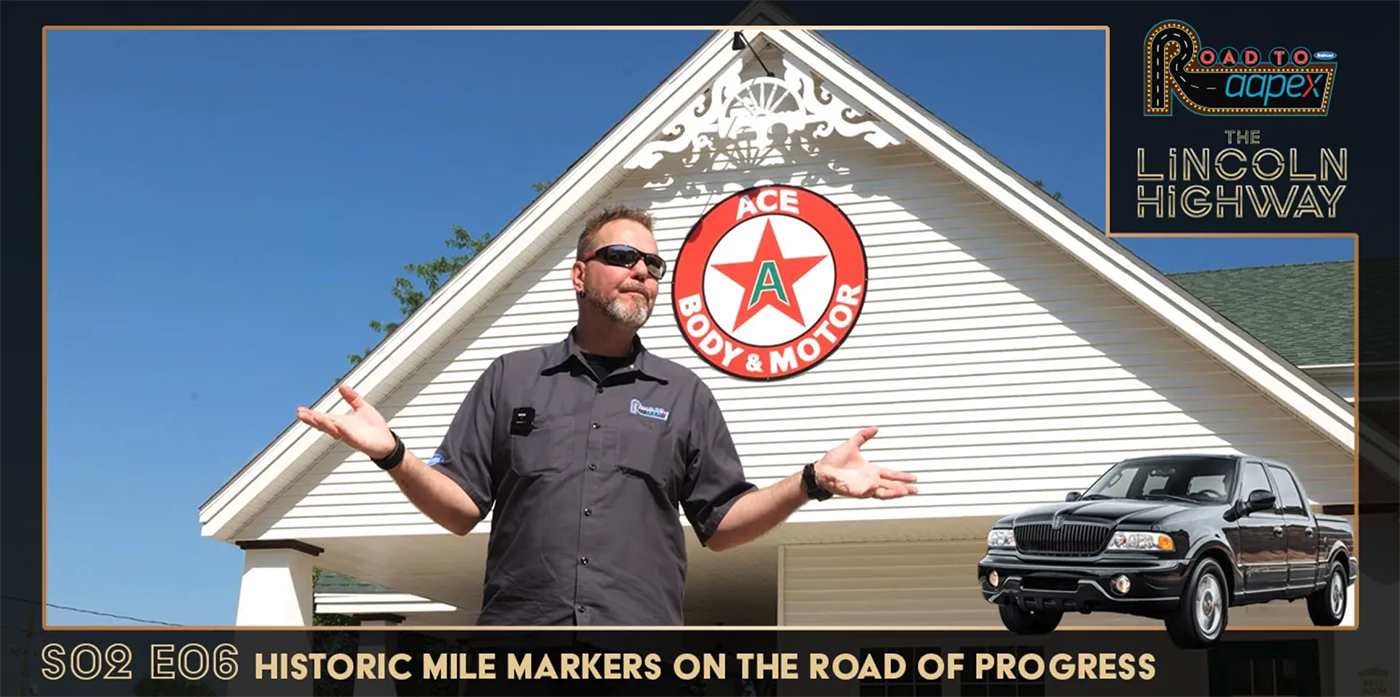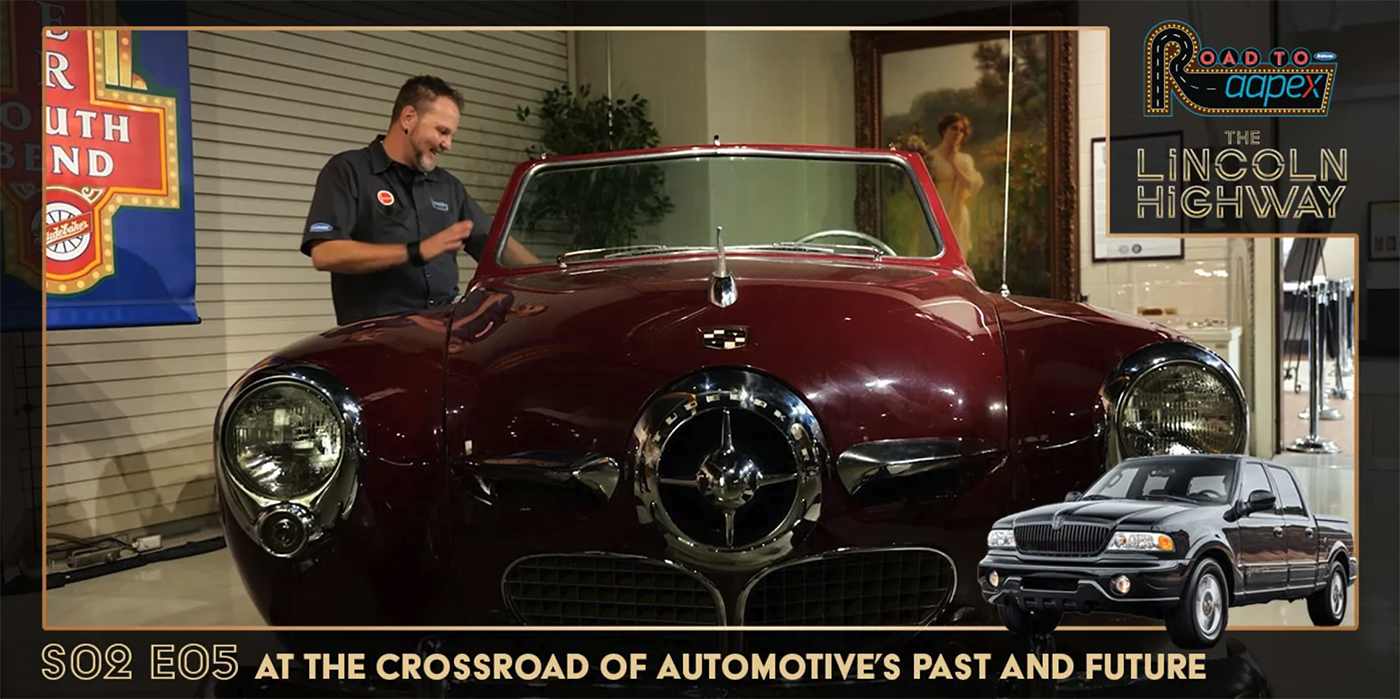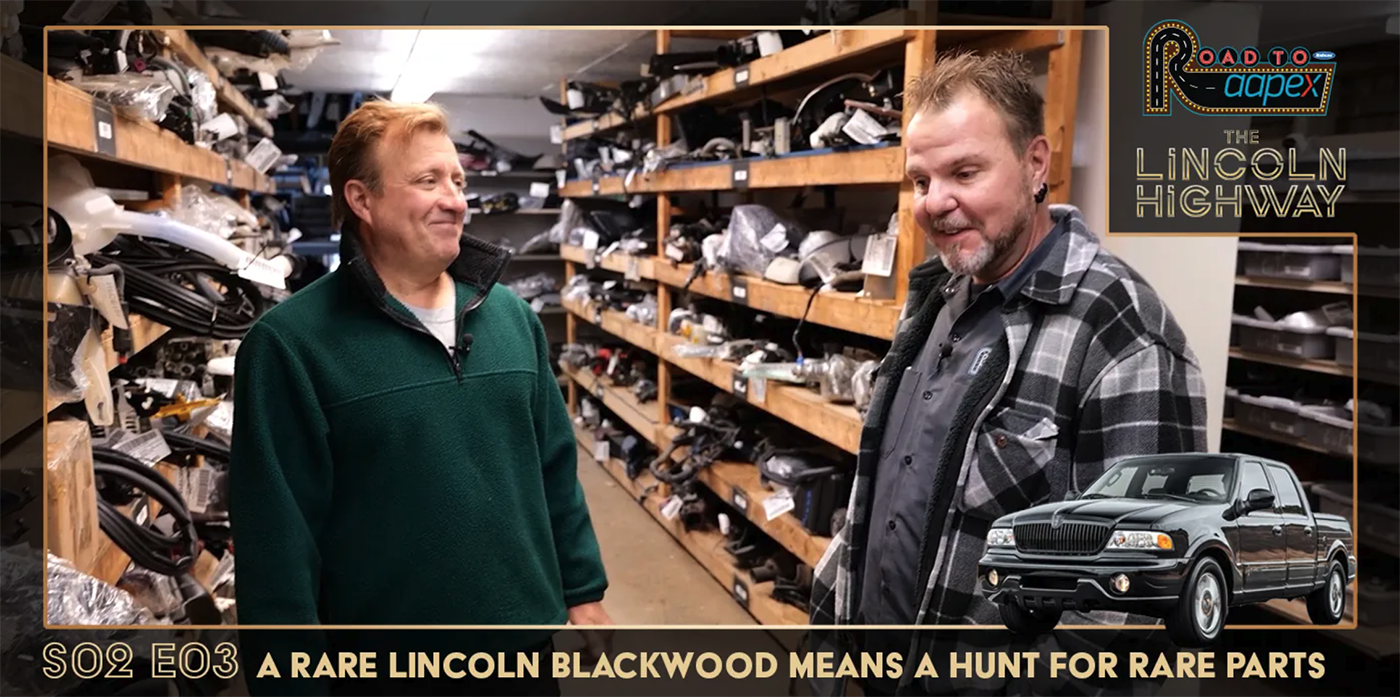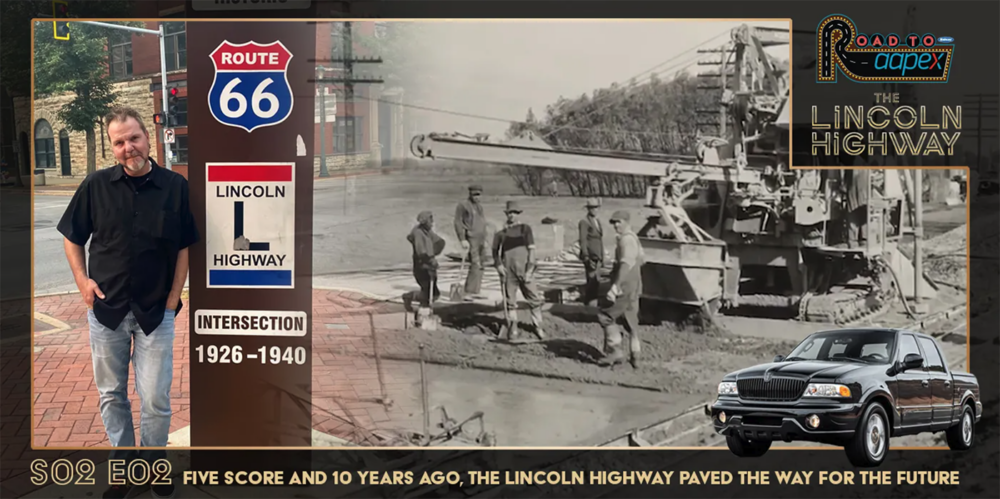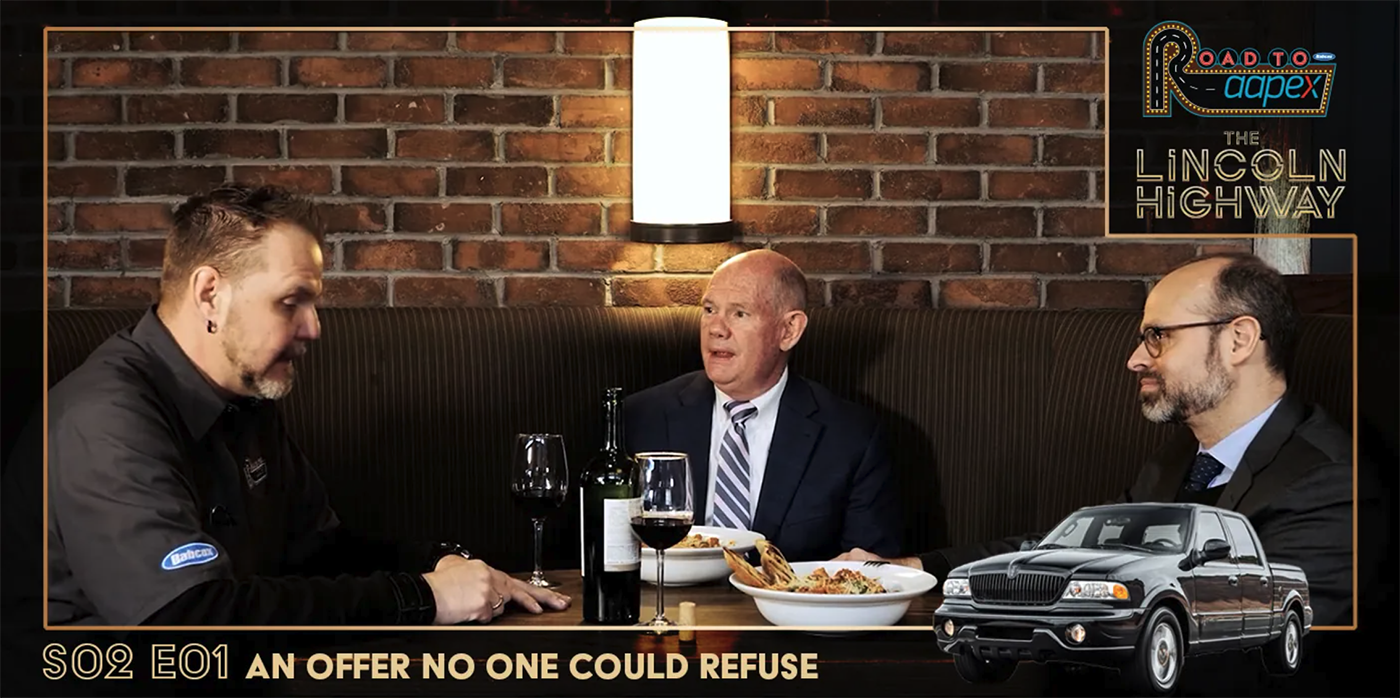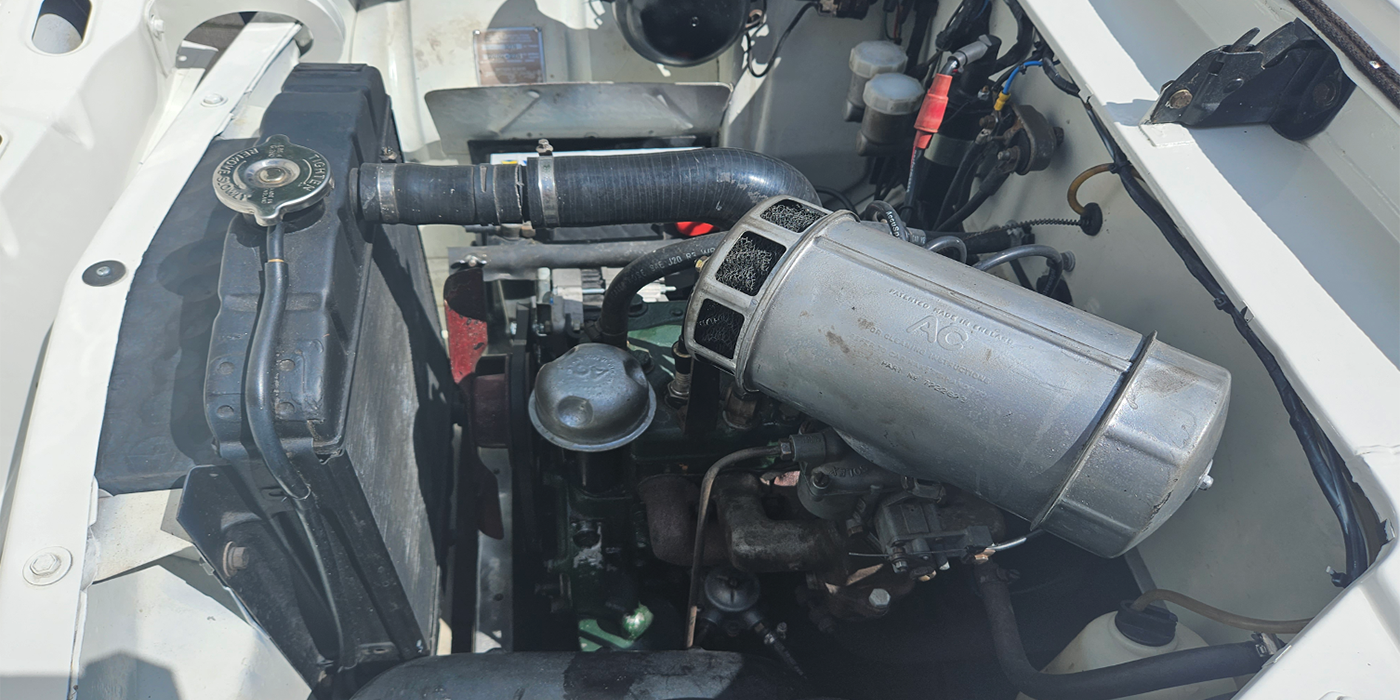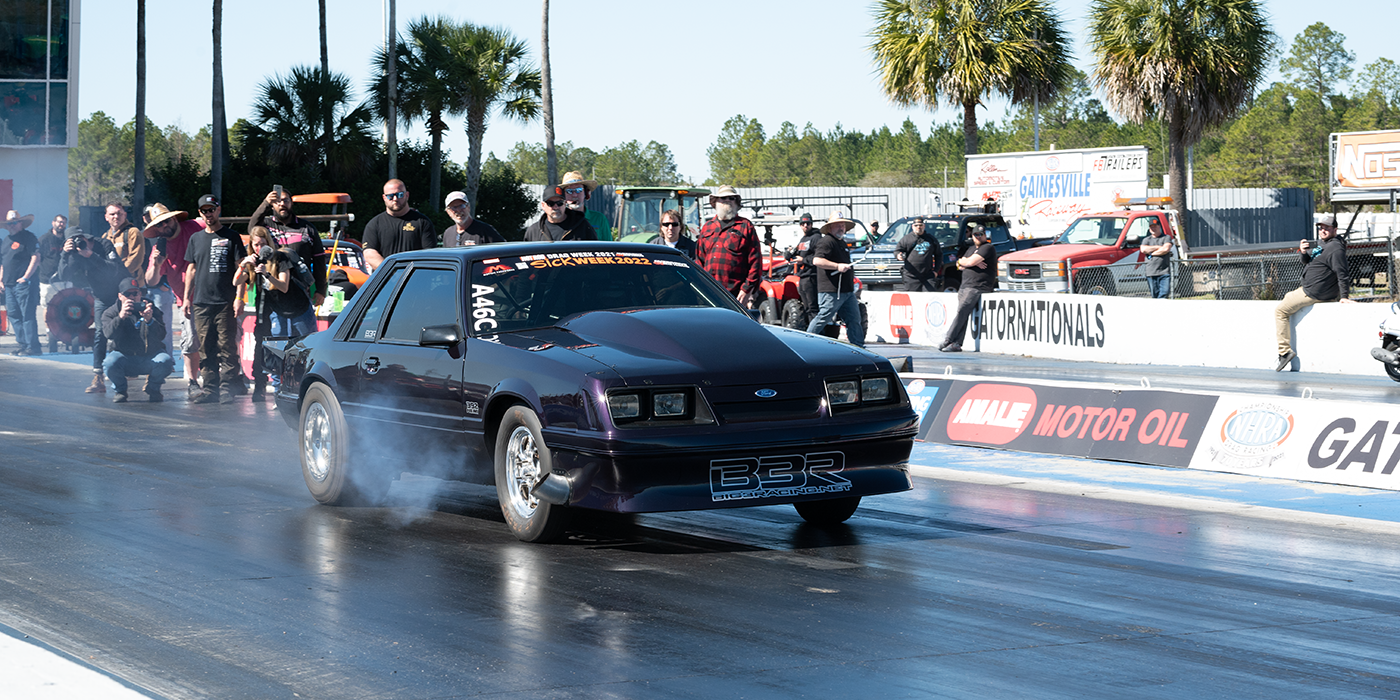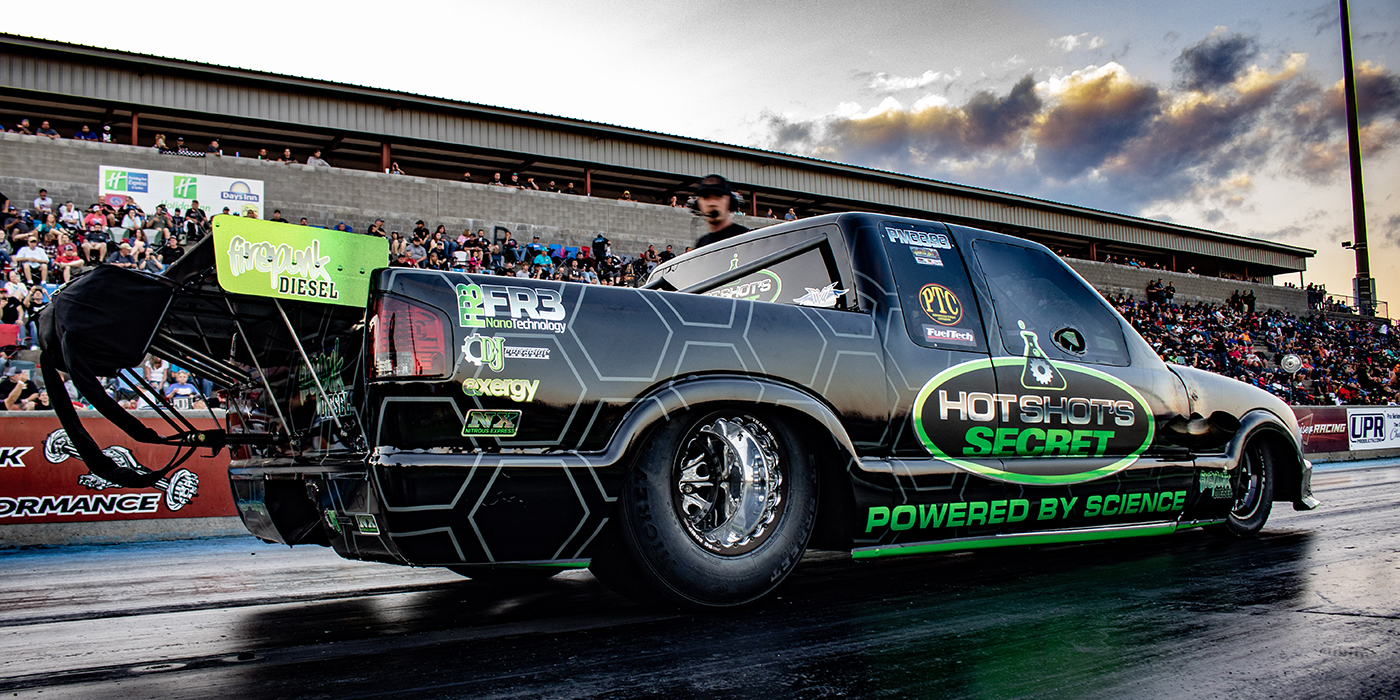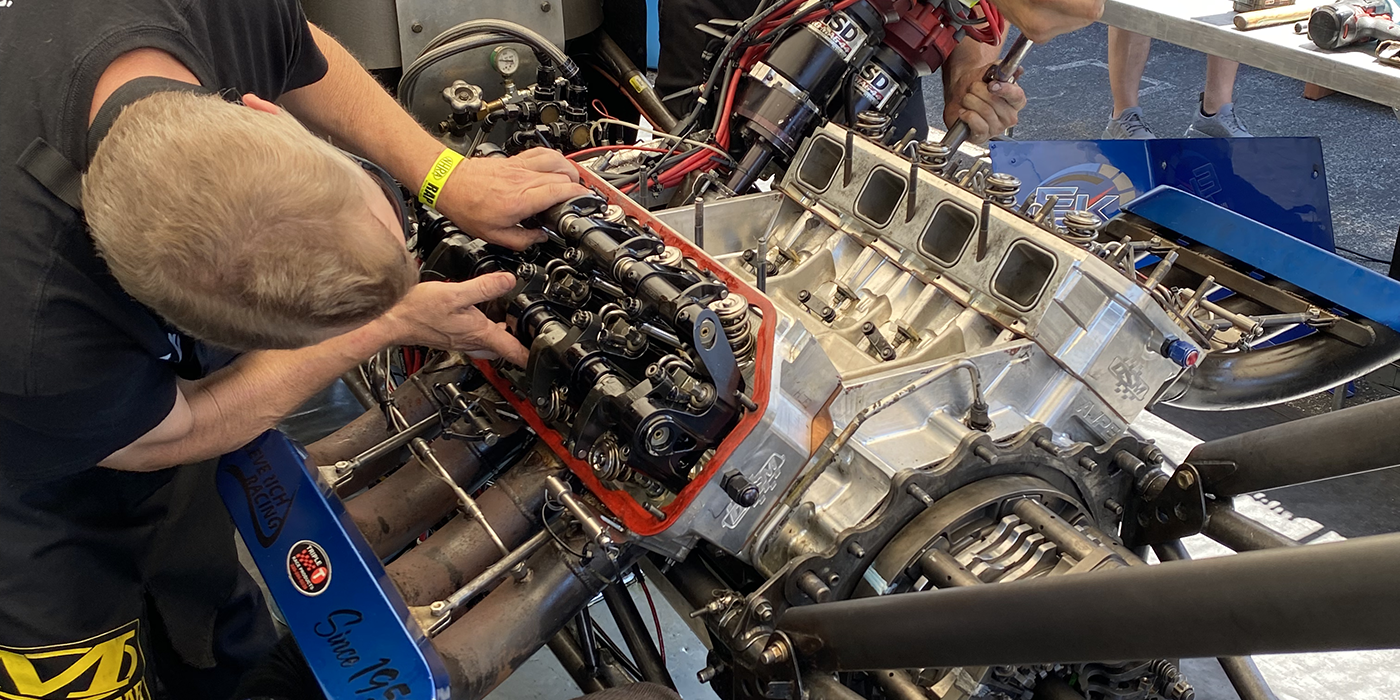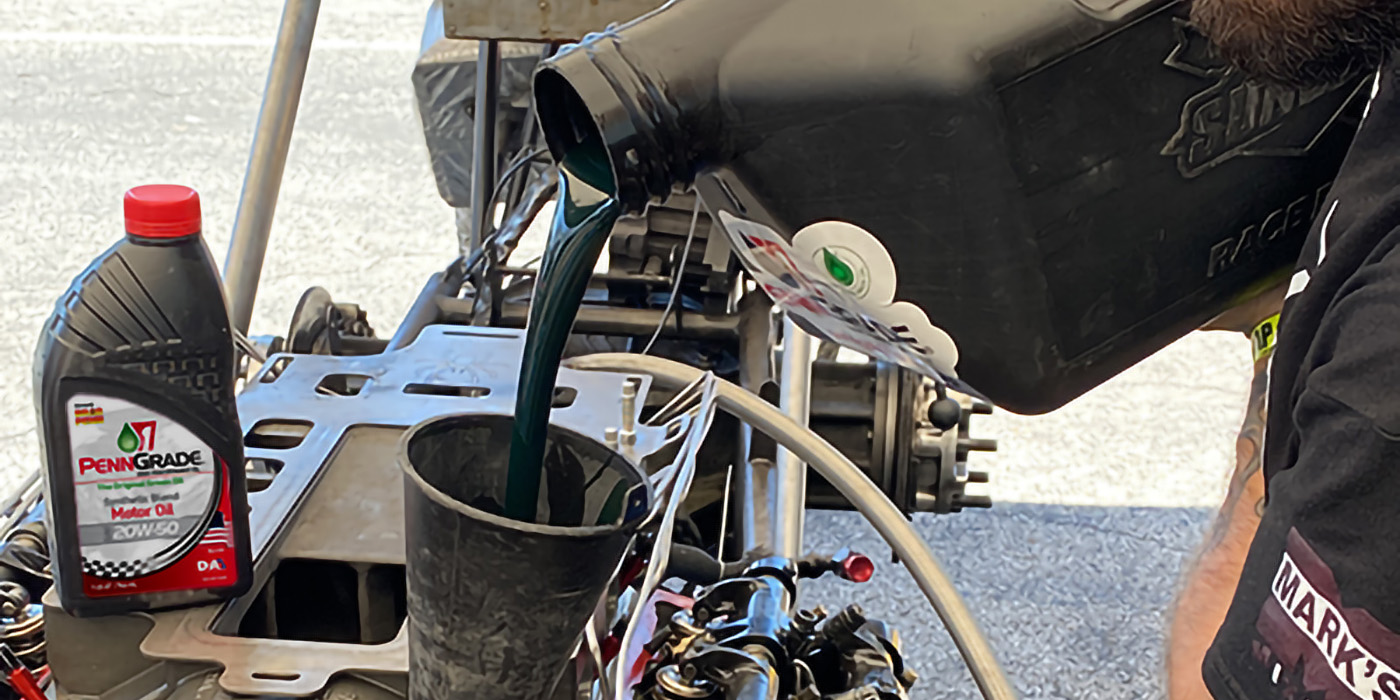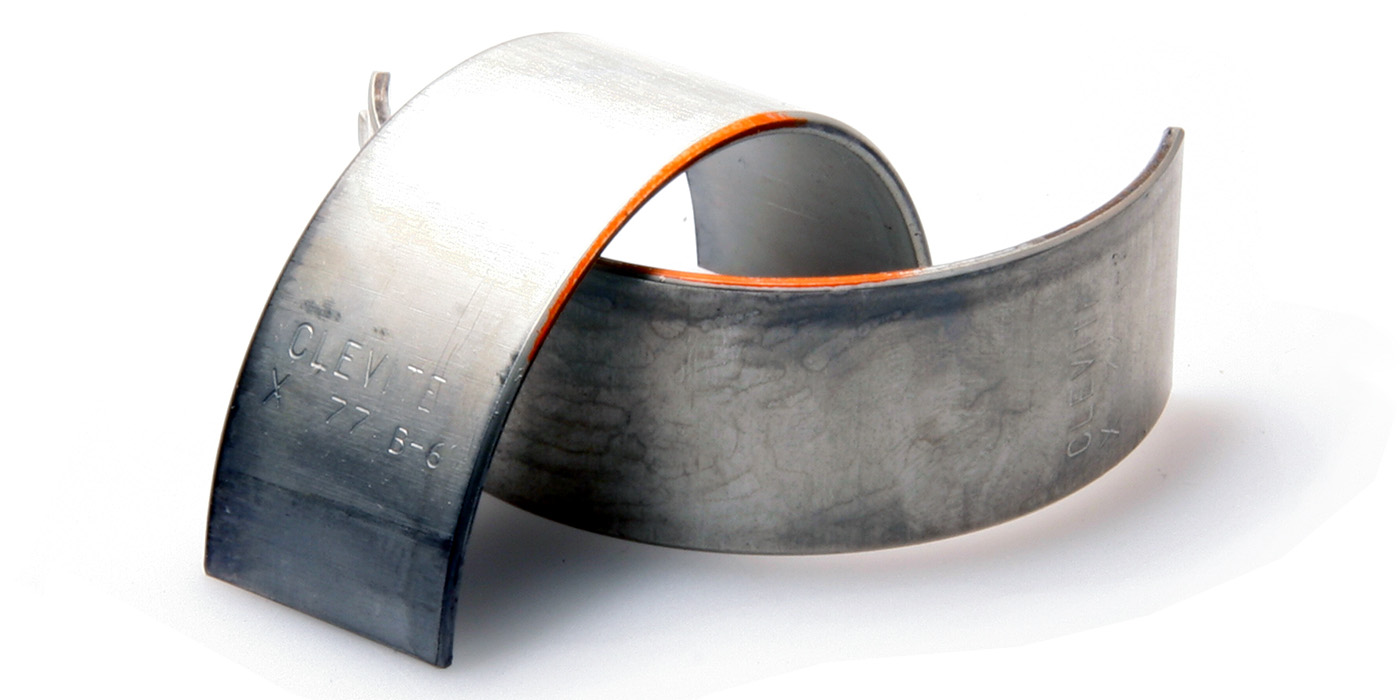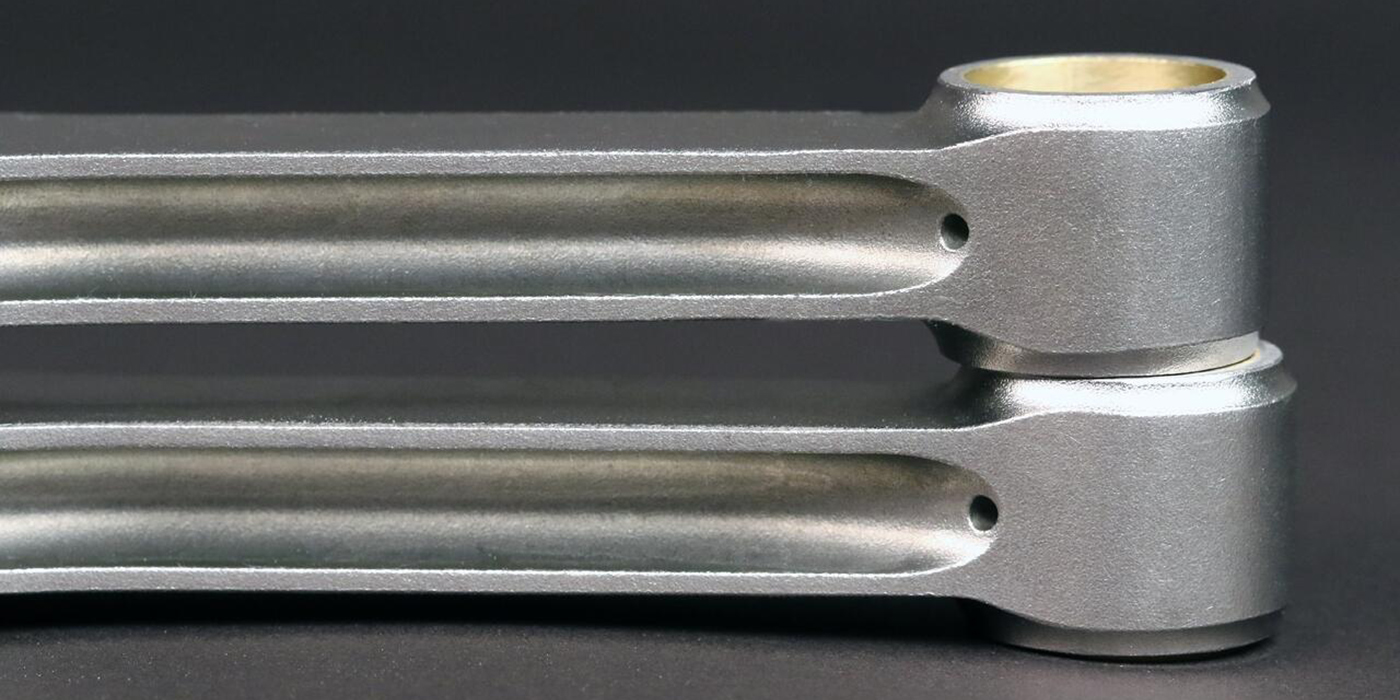John DeBates doesn’t understand what all the fuss is about. "I’m just a guy with a machine shop," he suggests. "I’m no superhero."
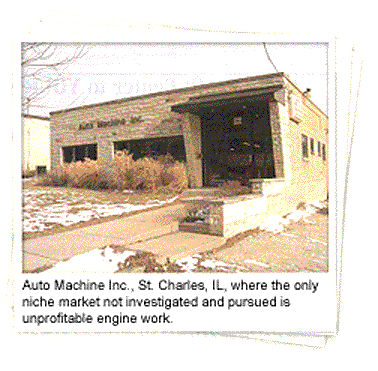
And yet, when John DeBates, incoming chairman of the Engine Rebuilders Association (AERA) talks, people hang on every word.
Perhaps it’s because he’s just a naturally funny, engaging and friendly personality. Perhaps it’s because he always seems to be one step ahead of the competition.
Or perhaps it’s because his honest approach to assessing his business situation makes sense and allows people to believe that being successful in this industry doesn’t have to be a mystery.
Granted, he IS funny, engaging and friendly, and he DOES have a knack for besting the competition (what remains of it), but DeBates and his brother Jim, co-owners of Auto Machine Inc., in St. Charles, IL, have made their reputation by striving to be the best at what they do, not necessarily the biggest. And being the best means people want to be just like you.
Which is exactly what DeBates is trying to prevent. "Shop owners need to do what’s best for their business, not what’s right for mine," he says. "My secret to success isn’t a secret – it just requires you to address your situation, understand your costs and pay attention to the details of your business. Anything less than that and you’ll really struggle to be competitive."
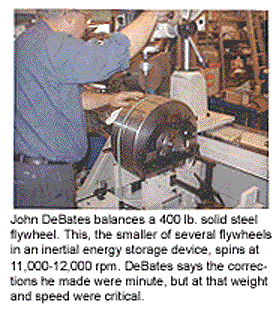
Being competitive is in the DeBates brothers’ genes, it seems. Their great-grandfather, E.J. Hahn, opened "Motor Car Repair & Machinists" in 1903, and began manufacturing replacement parts for the fledgling auto industry. The business was passed down to E.J.’s son, Walter, who ran it from the late ’20s to the mid 1950s. The name was changed to Hahn Implement when Walter began selling International Harvester truck and agricultural equipment.
It was during this period that the future AERA chairman would rebuild his first engine. At 9 years old, DeBates rebuilt an International Cub C-60 tractor engine, and fueled a passion for doing it right and doing it himself.
DeBates’ uncle, Bob Hahn, took the reins of the business during the mid-’50s and operated it as an International Harvester truck dealership until he sold the business in the late 1960s.
When John DeBates returned from military service in 1971, he and Jim began racing a 1967 Camaro on the NHRA drag racing circuit. Both brothers were so particular about how they wanted their engines to perform that no one could meet their demands. To do it right, they decided to do it themselves. In 1974, the brothers opened Auto Machine Inc. in the same building their great-grandfather had owned so many years earlier.
"We opened the shop just so we could build our racing motors," says DeBates. "What we found out was that other people liked our work and wanted us to do their engines as well. It wasn’t too many years before we found we were too busy to continue racing."
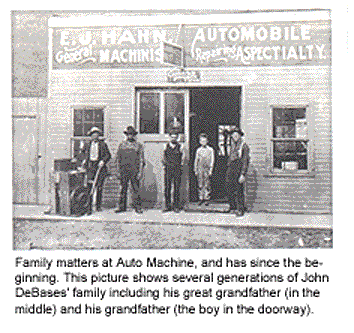
The brothers also discovered they needed more space, so they moved to their current 3,200 sq.ft. facility about 20 years ago. "We’ve been able to accumulate a fair amount of equipment, which we upgrade when it’s economically prudent."
Today, Auto Machine rebuilds a full range of gas, LP and diesel engines, both in the component stages (blocks, heads, cranks and connecting rods) as well as complete engine rebuilds.
A few years ago, heavy pricing competition in the Chicago area inspired the DeBates brothers to look at potential niche markets. "We were doing performance work, we were doing restorations, we did heavy duty construction equipment, but we wanted something more," DeBates says. "That’s when we gave compact diesels serious consideration. After researching the market we discovered that there was a market in our area that really wasn’t being served."
DeBates says that once they realized the profits waiting for them in this and other niche markets, the brothers made a decision to quit performing unprofitable work. "The problem we now face is that there are so few shops around us anymore that there’s no one left to send the ‘off’ work to," he laments. "All that are left are other good shops and I don’t really want to saddle them with bad customers or projects."
True, business is active enough that Auto Machine could add another employee, but DeBates says he’s not quite ready to do that.
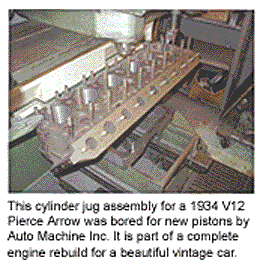
The four employees at Auto Machine have more than 100 years of combined experience. Kim Ramont has been with the company for more than 20 years and is now a part owner, and Rosendo Sierra has more than 15 years experience at the shop. DeBates says it’s very much a family atmosphere around the shop, and he does everything he can to keep the "family" happy.
Benefits are an important part of DeBates’ compensation package. He pays for them in pre-tax dollars, saving his employees the headache and trouble of doing it themselves.
"Even though my shop is busy and I could afford to take on another employee to keep up, I probably won’t. Because once I take on the health insurance costs, I’m behind the eight-ball. I pay 100 percent of my employees’ health insurance premiums – including family coverage. It’s not that I’m such a great guy – it’s that they’re great employees and I don’t want to lose them."
DeBates ranks his family as the most important element driving his business success, and he says most people probably feel the same way about their families. A "family first" mindset exists at the shop and his employees are offered considerable freedom to be at family functions, even during regular work hours. For his part, DeBates’ wife, Teri, and young daughter, Kirby, have traveled with him to every AERA show and mid-year meeting since he began his involvement on the Association’s board of directors. He says they turn the shows into "mini vacations," which allow him to reap the benefits of the trade show while not missing out on valuable family memories.
But it was another guest who accompanied DeBates to a recent AERA trade show who helped fan the flames of fame. When his accountant Ken Pinsky, partner at the Chicago CPA firm Warady & Davis LLP, explained how to truly understand engine builder shop costs and why doing so is more important than ever, DeBates got all the glory.
"I’m not sure why," he explains. "It was Ken who showed us what we needed to do – and that was to look carefully at where we really were as a business. Let me tell you, doing so really depressed me!"
However, that serious look at his business led him to the use of a shop management system. And now he says he can’t imagine doing business without it.
"I think the most valuable thing to us is to have some way to track billed hours," says DeBates. "And the key is to find a system that will look at the whole business, not just part of it."
According to DeBates, being able to print or "screen" income statements on a nightly or weekly basis is the key. He says he reviews two or three reports at least every other night. On a monthly basis, he is looks at between 10-15 different reports.
"I have my whole shop set up in there," says DeBates. "We use a series of nearly 4,000 labor codes to track this stuff, which is, I think, the most valuable way for us to track billed hours."
The point, says DeBates isn’t to get shop owners to use the software that he does, but to encourage them to use some method to track their shops’ operations. "Using the resources available today, there’s no doubt that shops can be more successful."
During his tenure as AERA Chairman, DeBates says he hopes to encourage members to become even more involved with their association, especially when it comes to the networking opportunities available during the AERA trade shows and seminars. "When I first joined this association, I didn’t recognize the value of participation," says DeBates. "I knew I was doing a pretty good job building engines, but I didn’t realize how much I could learn from the people I thought were my competitors. I thought my business would only get better by working hard in the shop."
DeBates understands the pressures in the industry today, but encourages all rebuilders – especially the smaller ones – to get out of the shop, make contacts and build relationships with other members of the industry. "At every show I’ve attended, I’ve brought home some valuable piece of information, and it’s usually from a casual conversation with another shop owner on the show floor or at a reception. You never know when the person next to you will relate an experience or have a solution to a problem you are facing," he says. "We have the resources. We just need to use them more wisely."
DeBates says, due in large part to an incredibly strong and active Board of Directors over the past several years, AERA is able to serve its members well.
"I’m encouraged by what I see as some positive changes that AERA has undergone recently. I think the association is poised to make some more changes that can really benefit our membership and help them be more competitive in our changing industry," says the Chairman. "Being part of these changes is a real privilege for me."

